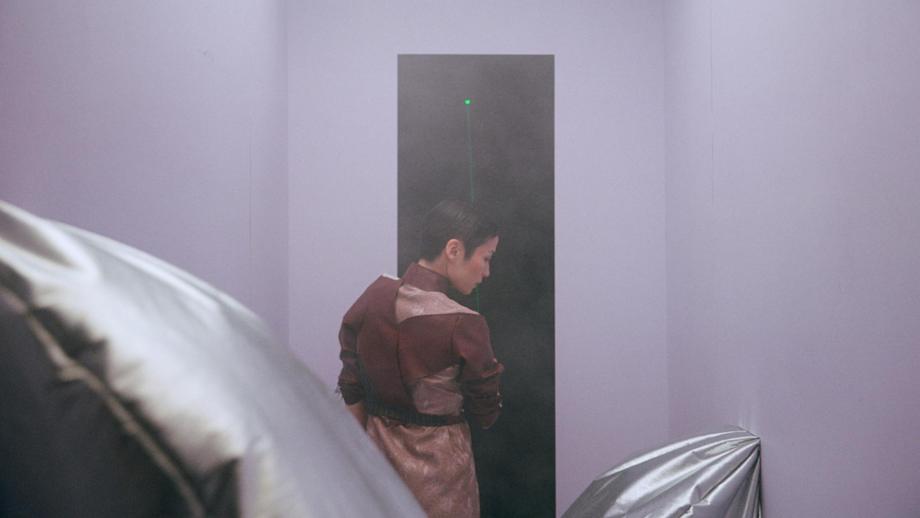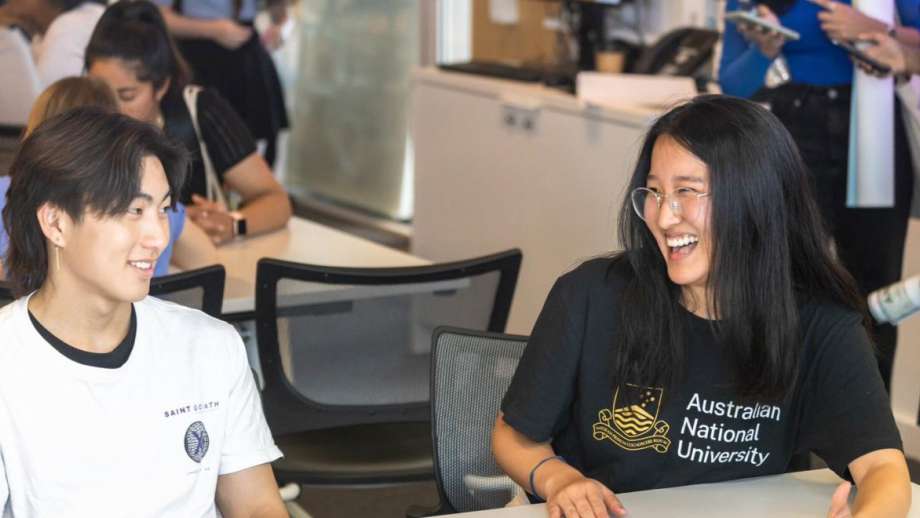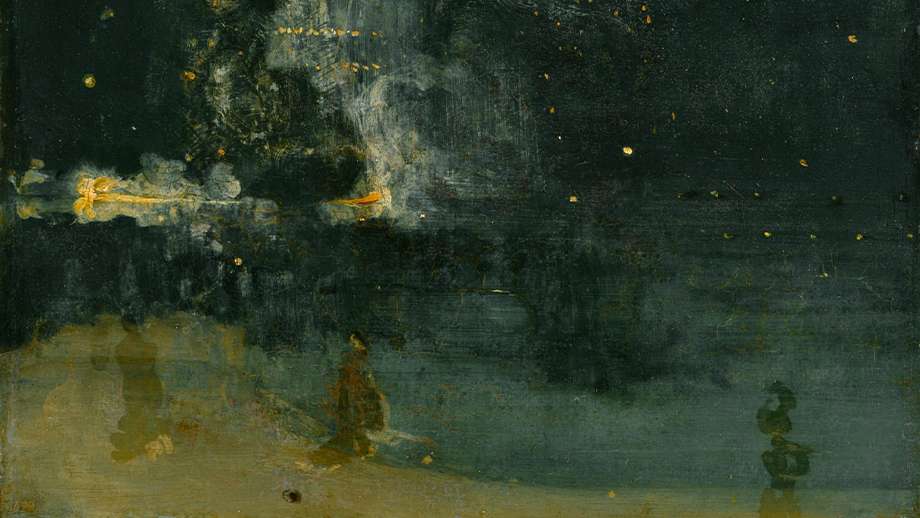Ideology and Emotions: Rural Youth Mobilisation in Colonial Taiwan
Presented by ANU College of Asia & the Pacific
By the end of World War II, hundreds of thousands of young men in colonial Taiwan had expressed their loyalty to the empire by volunteering to join the army. Why and how did so many colonial youth become passionate supporters of Japanese imperial nationalism? This talk will discuss shifting socioeconomic conditions, aspirations, and emotions experienced by village youth in Xinzhu Province to examine the process of mobilisation. Through carefully reading and interpreting village and personal sources and oral interviews, it shows how the global rise of youth and agrarian ideals, Japan's imperial drive for assimilation, and local social tensions shaped these youth's worldviews and experiences. This process reveals Japan's ambition to build an empire-wide nation (or what I call nation-empire), and the local receptions of that imperial endeavour.
About the Speaker
Sayaka Chatani is Associate Professor at the Department of History, the National University of Singapore. Her works concern social and emotional histories of ideological mobilisation in modern East Asia. Her first book, Nation-Empire: Ideology and Rural Youth Mobilization in Japan and Its Colonies (Cornell University Press, 2018; a recipient of Choice Outstanding Academic Title Award), compared local dynamics of various small villages that drove youth into Japan's imperial programs. She is currently preparing a book manuscript on an intimate history of the (North Korea-affiliated) Chongryon community, tentatively entitled, Decolonizing in Postimperial Japan: A History of a Korean Diasporic Community (under an advance contract with Stanford University Press). Her articles on these topics have appeared in the American Historical Review, the Journal of Asian Studies, Comparative Studies in Society and History, and Critical Asian Studies among others.
The ANU China Seminar Series is supported by the Australian Centre on China in the World at ANU College of Asia and the Pacific.
Location
Speakers
- Sayaka Chatani


